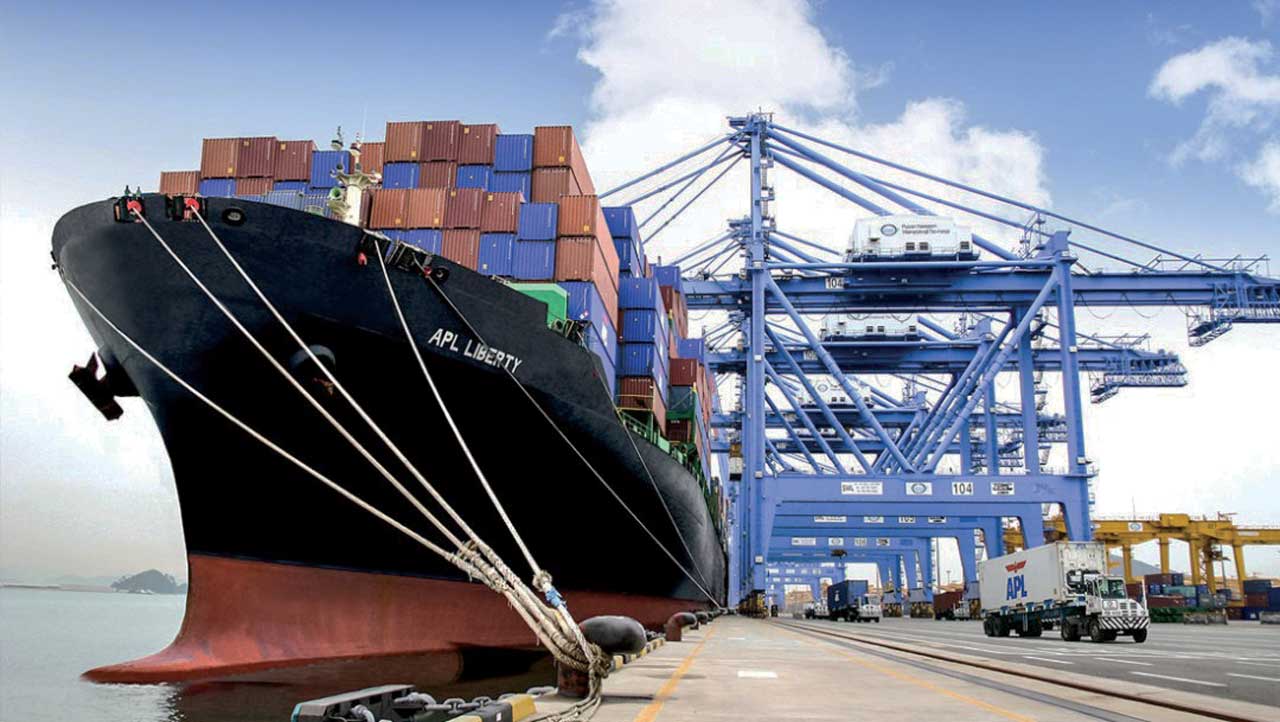-

-
Wikirise.com Advertise with Us HereStats: 4,783 members, 41,615 Posts
Number of Comments : 2,630
Date: Saturday, 16th November 2024
$350m cabotage fund needs disbursement framework, says expert
By Essang Michael - October 31, 2022 | Categories: Business Tags: Foreign
Share this post:

The Federal Government has been urged to map out a framework for disbursement of the cabotage vessel financing fund (CVFF) currently estimated at about $350 million for the development of Nigerian tonnage and coastal shipping.
Chief Executive Officer at Bricks, Emmanuel Maiguwa, in a publication made available to The Guardian, rolled out measures that should be taken to ensure that the fund is disbursed in a manner that it would achieve its objectives.
The Cabotage Act 2003, which reserves the right of trade within Nigeria’s coast to Nigerian Owned, Managed, and Built vessels, is the nation’s response towards building local and indigenous capacity in shipping services.
The cabotage act made provision in section 44 part VIII for establishing the Cabotage Vessel Financing Fund (CVFF), where a 2% deduction on cabotage-protected trade earnings goes into the development of indigenous tonnage (ships) in Nigeria.
About 19 years after, the CVFF fund generated about $350 million, which the Federal Government has not been able to disburse as intended by the provisions of the Act. However, there have been several attempts by past administrations to disburse the funds, but they were all unsuccessful.
Maiguwa said to disburse the CVFF funds for the benefit of the industry and not for specific individuals or groups, the federal government should conduct a study of Nigeria’s tonnage potential.
“The study will look at the current frameworks and policies contributing to the growth of Nigerian tonnage outside the acquisition cost and identify areas of weaknesses such as OPEX – repairs, components and machinery sourcing, seafarers training and development fees and levies, among others, need to be carefully assessed.
“The study will look into the market segments like the ones described above to determine the best potential for Nigerian tonnage growth. The aim here will be to know the types of vessels currently contributing significantly to the industry and their potential in years to come.”
He also stressed the need to develop a strategic roadmap toward achieving the potential, saying: “The study must have pointed to Nigeria’s current and future opportunities available to grow tonnage realistically, as well as seafarers’ development that will position the maritime industry for real growth on a short and long-term basis.
“This tonnage growth roadmap must be robust and flexible to withstand the highly dynamic changes associated with the global maritime industry. Furthermore, it must be free from political interference and be expert-driven,” he said.
Maiguwa also said government should ensure strict disbursement of the CVFF towards the roadmap. “I regard this as the simplest but most sensitive part of this programme.
“The arguments on who owns the fund or who should be the beneficiary of the funds are all irrelevant here. These funds belong to the FG. The mistake the FG will make is to commence disbursement of these funds carelessly on emotions without a strategic roadmap from a sound study described here,” he stated.
He, however, emphasised that the disbursement of the funds cannot meet the intention of the Act without careful study and strategy to ensure the goal of developing local and indigenous capacity in shipping is met. He said disbursing the funds on a simple guideline developed by the Minister alone will not serve the intent of the CVFF and will be a waste of resources.